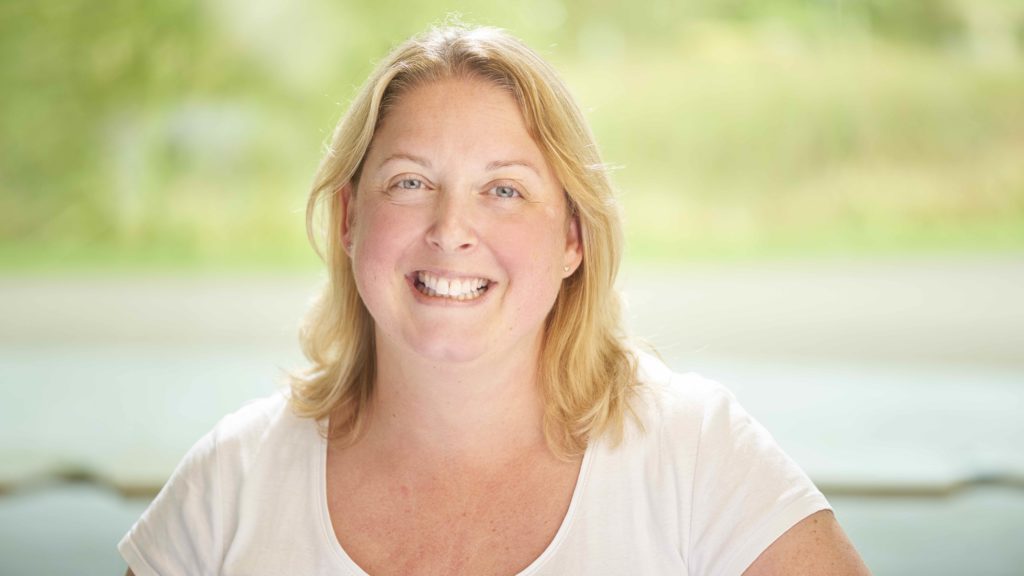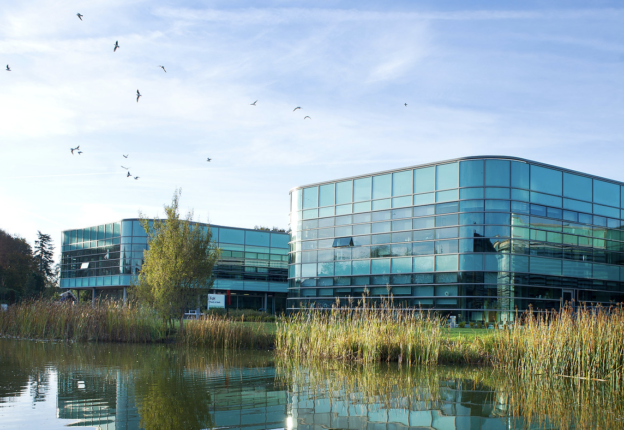Vicky Perrin
Vicky, what types of skills do you practice in Clinical Skills and Simulation?
We practice all types of skills within the clinical skills and simulation centre, including practical skills such as the taking of blood pressures and injection techniques, to more complex scenarios around service user assessment and diagnosis, as well as communication skills and professionalism.
How beneficial is simulation in your programme?
Simulation is integral to all of the programmes within the Faculty of health, social care and medicine, particularly nursing. It allows students to apply theory to practice in a safe environment, supporting the development of safe and effective care and increasing the confidence, problem solving and critical thinking skills.
What’s your favourite session to run with your students in Clinical Skills and Simulation?
I particularly enjoy any sessions where the students have to think outside the box, to see them being pushed outside of their comfort zone, and grow as a clinician as a result is really rewarding for me, and empowering for the student. Simulation and skills acquisition provides that opportunity.
What is your favourite piece of kit and why?
As a mental health nurse originally, rather than a favourite piece of kit, I like settings that mimic real life, so service users homes for example. Within these settings the students can practice and develop their communication skills, explore diagnosis and treatment options as well as debate ethical issues and consider the implications for practice.
What ‘Top Tip’ would you give to our students attending a session in Clinical Skills and Simulation?
Always come prepared, in most cases, pre reading or signposting to additional information is provided prior to a session. I would always recommend participating in this before the start, that way you will get the most out of the session and really enjoy the whole experience.

Janet Burdon
Janet, what types of skills do you practice in Clinical Skills and Simulation?
We practice Basic life support, Venepuncture, Manual BP, NG feeds, IV fluids, Catheterisation, Airway management, Suction and Medicines management in the Clinical Skills and Simulation centre.
How beneficial is simulation in your programme?
Very beneficial! Simulation enables students to link theory to practice and to bring different concepts together.
What’s your favourite session to run with your students in Clinical Skills and Simulation?
The Clinical Reasoning session with service users session focuses on communication and medicines management – this is my favourite session.
What is your favourite piece of kit and why?
My favourite piece of kit is definitely the manikins! I like the way they can communicate with students.
What ‘Top Tip’ would you give to our students attending a session in Clinical Skills and Simulation?
Prepare!!! Review the theory which relates to your upcoming simulation session. This will help you get the most out of the session.

